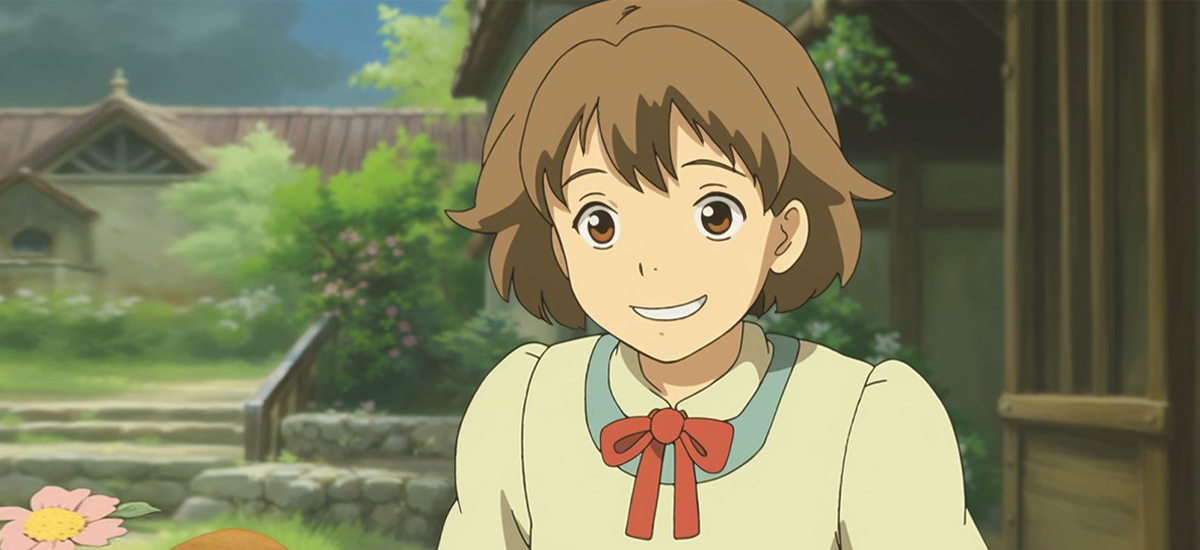Kathmandu: Currently, internet users are competing to create images in the Ghibli style (Anime-Inspired Avatars). Social media users are seen generating and sharing their own Ghibli-style pictures online.
But, the recent update on AI tools made the conversion of photos into anime portraits easier. Not only the anime fans but people aware of Ghibli styles are diving into the trend to explore their animated version.
AI tools like ChatGPT, Google Gemini, and Meta AI have played a significant role in popularizing this trend on the internet. However, the founder of Ghibli art once strongly criticized AI-generated images, calling them a “disgrace to life.” So why did Studio Ghibli’s founder say this?
Studio Ghibli
The credit for introducing this art style goes to Studio Ghibli. The studio brought this art to life by capturing it in illustrations. It was founded in Japan in 1985 by Hayao Miyazaki, Isao Takahata, Toshio Suzuki, and Yasuyoshi Tokuma.
You might have heard of Japanese “anime” or seen it in many cartoons — Ghibli is a type of Japanese art in which anime characters are illustrated in drawings.
The most unique thing about Studio Ghibli was that its animators created these illustrations by hand without using computers. These images were then arranged sequentially to produce animation. Even after almost 40 years, Studio Ghibli continues to produce animations using hand-drawn illustrations.
In today’s modern age, where animations are created using computers, co-founder Hayao Miyazaki has continued to preserve this handmade art.
In addition to animated film maker, he is also a renowned manga artist. He is known for his manga series Nausicaä of the Valley of the Wind (1982–1984), as well as other animated films like The Age of the Flying Boat and Porco Rosso.
Animator and filmmaker Hayao Miyazaki has created classic films such as Spirited Away, My Neighbor Totoro, and Princess Mononoke, which emotionally resonate with audiences. However, he is saddened by the growing influence of AI.
Miyazaki’s Strong Stand
As Ghibli-style images recently went viral, a video of Miyazaki’s reaction to AI also started circulating widely. In the video, he appears visibly upset about AI-generated animations.
According to reports, the video is from 2016, where he criticized AI and called it a “disgrace to life,” expressing no interest in viewing such content.
Miyazaki says, ‘I am not impressed by things like these. The person creating this does not understand the feeling of pain. I am extremely disappointed and will never adopt this technology in my art. In my view, this is an insult to life.’
He believes that the true essence of art is reflected only when an individual expresses their experiences, pain, joy, and emotions through illustration and storytelling. But, AI-based animation is far removed from that emotional depth.

AI vs. Human Creativity
A global debate is ongoing about the increasing use of AI. Some view it as a revolution in the creative industry, while others see it as a threat to art. Artists like Miyazaki believe that AI can never truly understand human emotions and will always fall short of real art.
It’s important not to take AI technology lightly. Uploading images to any AI platform without thought can lead to serious consequences.
A few years ago, a company named Clearview AI was accused of scraping over 3 billion images from social media and news websites without permission. This data was sold to police departments and private companies.
In May 2024, Australia’s Outbox company experienced a data breach in which the facial scans, driving licenses, and addresses of over a million people were stolen. This data was uploaded to a website, resulting in identity theft and cyber fraud for thousands.
Is AI a danger to humanity?
If you think using AI-generated images is just fun and games, think again. According to a report by Statista, the facial recognition market could grow to $5.73 billion by 2025 and reach $14.55 billion by 2031.
Major companies like Meta (Facebook) and Google have been accused of using users’ photos to train their AI models.
Websites like PimEyes allow anyone to upload a photo of a person and retrieve their entire digital footprint. This raises the risk of stalking, blackmail, and cybercrime.
AI has made our lives easier, but it can also unknowingly land us in serious trouble. To avoid issues like data leaks, identity theft, and cyber fraud, we must stay alert.
The question isn’t how useful AI is for you — the real question is: how wisely are you using it? The next time you upload your photo to an AI app, consider whether it could become your biggest vulnerability.
Privacy Concerns
Uploading your photo to use a Ghibli filter means sharing your data, which may be stored or used in ways you didn’t expect. Some legal experts warn that these images may be used for more than just fun portraits.
Privacy advocate Luiza Jarovsky says:
“When people voluntarily upload these photos, they consent to OpenAI processing them. This allows OpenAI to legally use the photos without the ‘legitimate interest’ balance test required by GDPR.”
When you share your image, you may not realize that your data could be processed, stored, or used to improve AI models. While your original photo may not be directly exposed, it raises important questions about how much control you have over your image once uploaded.
In the end, while viral claims about reverse-engineering Ghibli-filtered photos may be more fear than fact, they highlight a bigger issue — how easily we trade personal data for fun and shareable content. The transformation may feel magical, but the trade-off is real. As these AI-powered trends evolve, it’s worth asking yourself: What are you giving up for that perfect post?
How to Protect Yourself
If you want to avoid misuse of your identity, follow these precautions:
- Stop uploading your photos to AI apps
- Avoid posting high-resolution images on social media
- Use strong passwords or PINs instead of facial unlock
- Don’t grant camera access to unknown apps
- Urge governments and tech companies to create strict laws against the illegal use of AI and facial recognition technology
Nepali version of the news story












